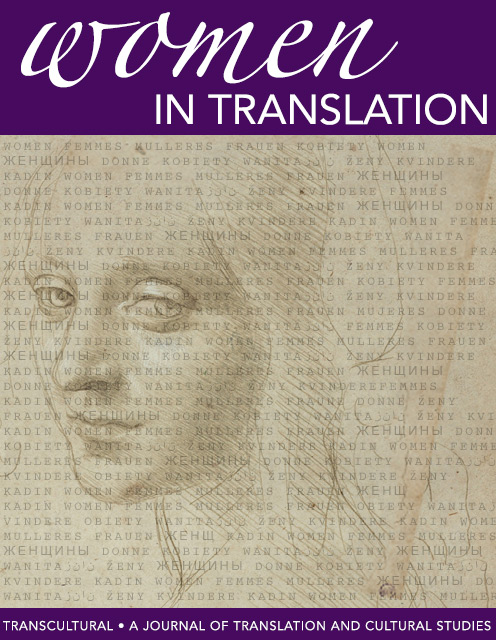The Factor of Author's Reputation in Retranslations: Edgar Allan Poe on the Turkish Literary Scene
DOI:
https://doi.org/10.21992/T9863ZKeywords:
Translation, Edgar Allan Poe, Turkish, Textual Analysis, André LefevereAbstract
This paper investigates the validity of André Lefevere’s assumption that “a canonized author is translated more on his own terms (according to his own poetics) than on those of the receiving system” (2000: 237) through a case study of Edgar Allan Poe retranslations in the Turkish literary system. The first part of the paper includes extratextual analysis carried out according to Gérard Genette’s categorization of “metatexts” and “paratexts,” and a further category which includes the social media. Poe’s poetics and the poetics of the Turkish literary system, as well as Poe’s reception in the system are explored through extratextual analysis to determine whether Poe gained more canonicity or reputation. The extratextual analysis reveals the author’s increasing influence, reception and reputation in the Turkish literary system over a time span of almost ninety years. The second part of the paper presents the textual analysis of Poe’s two tales, “Hop-Frog” and “The Masque of the Red Death”, in eight translations published between 1928 and 2002. Textual analysis serves to reveal whether Poe was translated more according to his own poetics as he became more reputable in the target literary system. The paper concludes that factors other than reputation of an author have also a role to play in translating an author according to his own poetics.Downloads
Published
Issue
Section
License
Authors who publish with this journal agree to the following terms: a.Authors retain copyright and grant the journal right of first publication with the work simultaneously licensed under a Creative Commons Attribution License that allows others to share the work with an acknowledgement of the work's authorship and initial publication in this journal. b.Authors are able to enter into separate, additional contractual arrangements for the non-exclusive distribution of the journal's published version of the work (e.g., post it to an institutional repository or publish it in a book), with an acknowledgement of its initial publication in this journal. c.Authors are permitted and encouraged to post their work online (e.g., in institutional repositories or on their website) prior to and during the submission process, as it can lead to productive exchanges, as well as earlier and greater citation of published work (See The Effect of Open Access).



